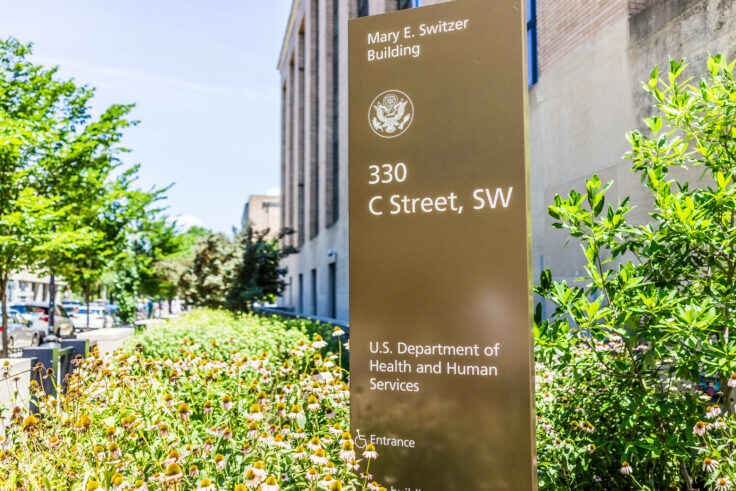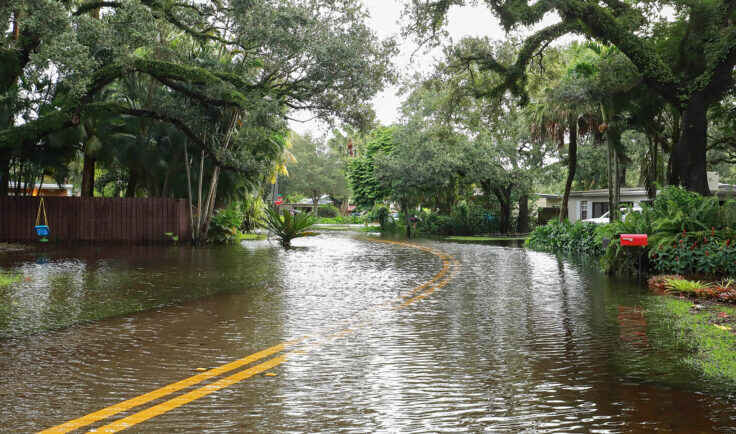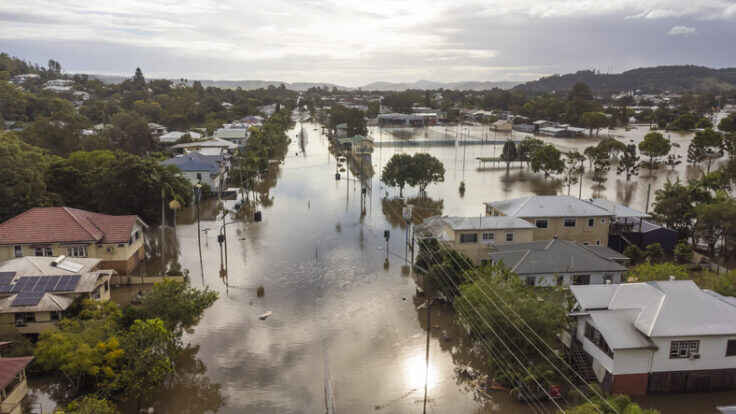Environment, Climate and Health
Our health is intimately connected to our environment. Toxins and other pollutants contribute to chronic diseases, such as certain types of cancers and lung disorders. The design of communities — from the location of parks and businesses to the type of construction materials used in building — can also affect health as well as contribute to the causes of climate change. Innovative legal and policy strategies are necessary for communities to respond to environmental health challenges.

Resources

Local Cooling Requirements to Protect Individuals from the Health Effects of Extreme Heat in Living Spaces

Federal Actions and Their Impact on Harm Reduction, Public Health Emergencies, and Climate Change: A Preview of the 2025 Public Health Law Conference

Law and Policy Pathways: Community Adaptation to Climate Change

OSHA Proposed Rule Protecting Workers from Extreme Heat

50 State Survey: State Laws Addressing Food Donation

Food Loss and Waste: Snapshot of Food Donation Laws and Other Incentives to Increase Food Security and Reduce Environmental Harm

Public Health and Drinking Water Quality: How State Laws Affect Responses to Water Quality Contamination in Private Wells

Law and Policy Considerations for Workforce Protections from Extreme Heat

Heat Pumps: An Emerging Tool to Support Cleaner Air, More Affordable Energy, and Better Health

Legal Strategies and Local Solutions to Equitably Mitigate the Health Impacts of Climate Change

Endocrine Disrupting Chemicals

Equitable Community Engagement and Climate Change: Two Toolkits
Spotlight

Home Cooling Policies Can Combat Health Impacts of Extreme Heat, But Should Be Paired with Strategies to Reduce Unintended Consequences

Amid Mounting Threats to Indoor Air Quality, Policies to Expand Access to Modified Box Fans Can Help

Opportunity to Promote Public Health for Workers Exposed to Extreme Heat
Learn More
A Closer Look at Environment, Climate and Health
Federal, state and local public health officials enforce laws and regulations that protect us from involuntary exposure to known toxins, including imposing requirements for drinking water, setting strict guidelines for chemicals and pollutants, and compliance with lead-free housing standards.
Laws and regulations also govern the built environment – homes, parks, buildings and transportation infrastructure – which can impact our health as well as contribute to the causes of climate change.
State and local public health practitioners dealing with environmental health can be confronted with a number of legal issues. Because the federal government has adopted a comprehensive regulatory scheme for environmental protection, state and local governments may be limited in their ability to pass laws that impose different standards than those imposed by federal law. Likewise, the existence of state laws may restrict passage of local laws. Federal environmental laws also regulate the ability of a state or local government to bring a lawsuit against an alleged polluter, and the right of individuals or groups to bring suit may also be regulated by federal and state law.
Explore Topics
Related Healthy Communities Resources
How we can help
Legal Research and Assistance
Experienced legal experts are available to answer questions and provide research, analysis and guidance. Let us know what you’re working on. We’re ready to help.




